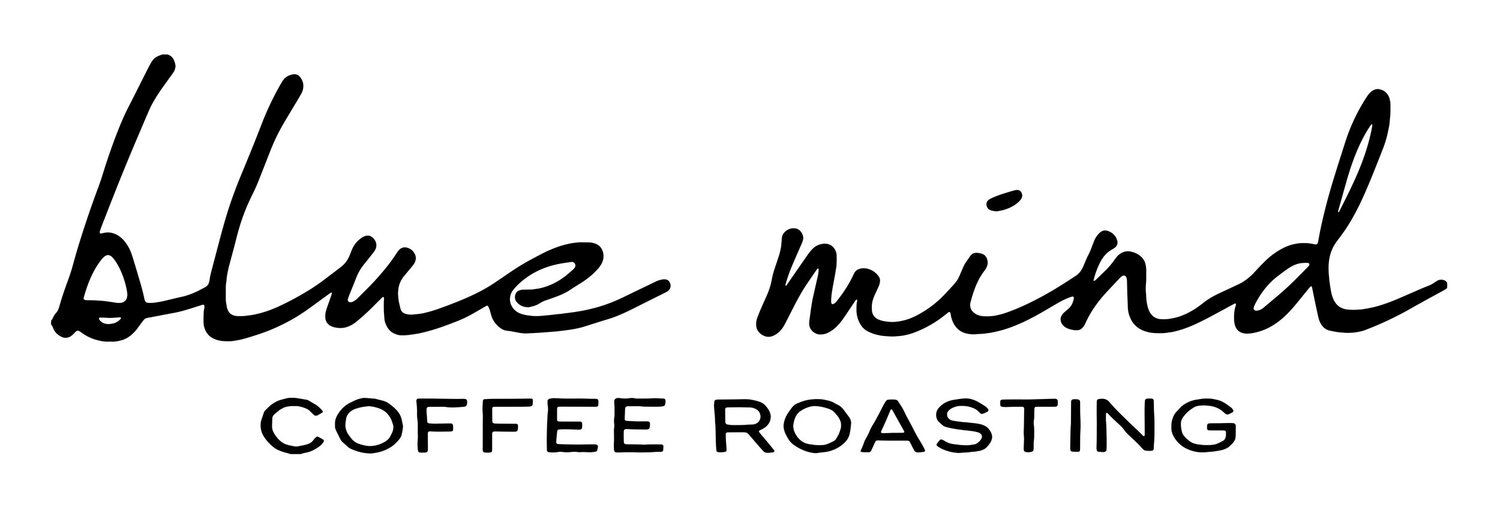Last time I talked about my own journey from drinking darker-roasted, "second wave" coffee to lighter-roasted, "third wave" coffee. Now I would like to explain why I believe this happened and continues to happen for many other people as well. In coffee roasting, there is a spectrum from light to dark, as the picture above shows. So when you see a coffee labeled "bold," that really just means dark. You can think of a piece of toast or roasted marshmallow. The spectrum for how you would judge these as light or dark is not entirely different from coffee (though in coffee the more technical term "degree of roast" goes beyond color alone).
By all means, there is a lot of room for subjectivity here. One man's light is another man's dark. But there does come a point when you really begin to taste the roast and not the natural flavor of the coffee bean. Coffee is a fruit, and like any fruit there are a lot of wonderful, interesting flavors. But when you roast the coffee dark enough, you begin increasingly tasting things like smoke, carbon, and charcoal that are not natural to the bean itself. To go back to the marshmallow illustration. Some people love to set their marshmallows on fire, blow them out, and eat them burnt. No judgment here. We like what we like. But if you want that nice, caramelized-brown, perfectly-toasted-but-soft-in-the-middle marshmallow, it's going to require a little more care. Coffee roasting is the same way. There comes a point when you begin to taste the burn. In fact, if left in the roaster long enough, the coffee bean would literally catch on fire, like a marshmallow.
Now, of course, everyone is different and has their own preferences. My coffee palate is more sensitive than it used to be, so I taste roasty flavors at a good deal lighter degree than I used to. I'm also not writing this to judge anyone's personal taste. If you love coffee, no matter the type, I'm sure we’d get along just fine. But the bottom line is, we roast lighter because coffee has a ton of wonderful, natural flavor that deserves to be experienced. And our burden is for people to enjoy these flavors as much as possible with the roast interfering as little as possible, all within the bounds of personal taste.
A final note. Light roasting is sometimes associated with a weak "Breakfast Blend" or something that tastes sour and grassy. This is not what I mean by light. Lighter-roasted coffee can still have fully developed flavor. For me, light more-or-less means no roasty flavors. Or as little as possible while still fully developing the flavor of the coffee. If roasted and brewed with care, the flavors can be phenomenal. Roasting this way takes a bit more care and attention to detail, but in our opinion it is worth the effort.

